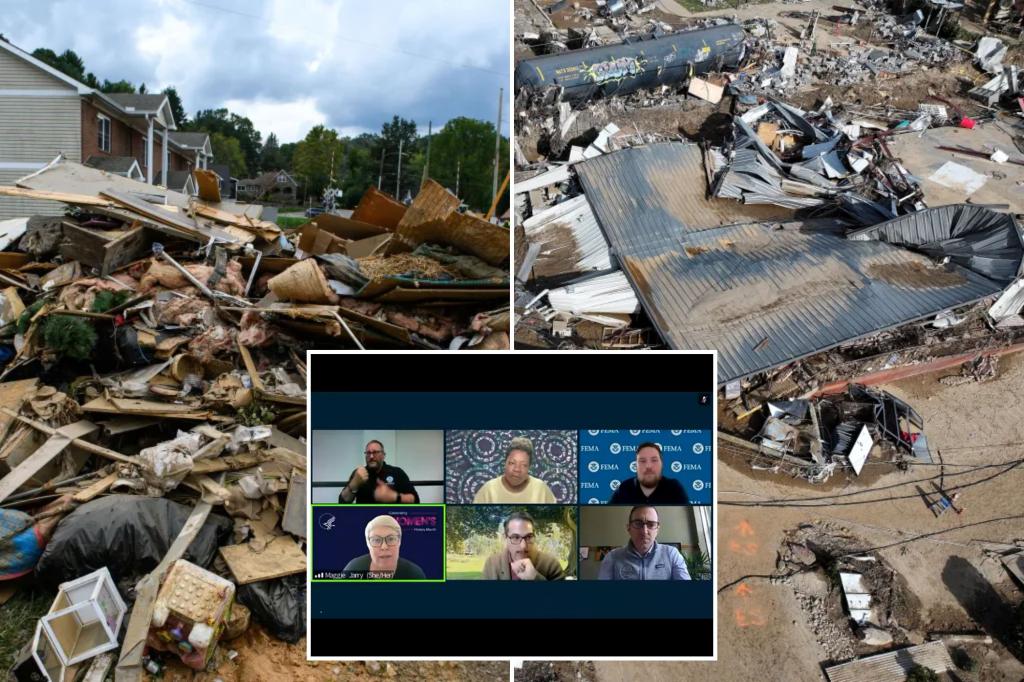A recent FEMA webinar highlighted the shift in focus within the agency towards disaster equity, where aid is distributed based on innate characteristics like sexual orientation and gender identity. The panelists discussed how marginalized communities, particularly LGBTQIA+ individuals, are often underserved in disaster relief efforts. This approach marks a departure from previous policies that aimed to benefit the greatest number of people, emphasizing the need for more targeted assistance to vulnerable populations.
The panelists emphasized the challenges faced by LGBTQIA+ individuals during disasters, pointing out that existing policies may have unintentionally excluded these communities from receiving necessary support. They argued that emergency services should prioritize disaster equity over utilitarian principles to ensure that aid reaches those most in need. This shift reflects a broader effort within FEMA to embed equity as a foundational principle of emergency management, acknowledging the disproportionate impact disasters can have on underserved communities.
The discussion also raised questions about the potential biases present in current disaster management policies and whether they inadvertently favor certain groups over others. The panelists highlighted the importance of addressing discrimination, hate, and other forms of bias in emergency preparedness to ensure that all individuals receive fair and equitable treatment during disasters. By acknowledging these challenges and working towards solutions, FEMA aims to create a more inclusive and resilient nation.
The panelists emphasized the need for further dialogue and action to address the intersectional issues of equity, discrimination, and preparedness within emergency management. They called for a greater focus on the unique needs of underserved communities, as disasters can exacerbate existing inequalities and vulnerabilities. This requires a comprehensive approach that considers the specific challenges faced by different identity groups and strives to break the cycle of inequity perpetuated by disasters.
Despite these efforts, FEMA has faced criticism and funding challenges, with Secretary Alejandro Mayorkas acknowledging the agency’s depleted funds. The agency’s response to the needs of Americans during the 2024 Atlantic hurricane season has been called into question, particularly in light of its spending on addressing other crises. The agency’s ability to effectively deliver disaster relief, especially to marginalized communities, remains a concern that requires ongoing attention and scrutiny.
Ultimately, the shift towards disaster equity and the inclusion of marginalized communities in emergency management efforts reflect a broader trend towards more inclusive and responsive disaster response strategies. By prioritizing equity and addressing bias and discrimination within emergency preparedness, FEMA aims to create a more resilient and equitable society in which all individuals receive fair and just treatment during times of crisis. Ongoing discussions and actions are necessary to ensure that these principles are implemented effectively and that all communities receive the support and resources they need to recover from disasters.


